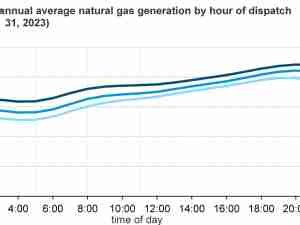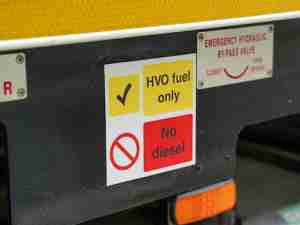Iraq may amend its federal budget to pay recovery and transit fees to international oil companies in a bid to restart a crucial oil pipeline after a year, according its foreign minister.
Talks are underway between oil companies, the Iraqi government in Baghdad and the semi-autonomous Kurdistan Regional Government to resume crude oil exports via Turkey, Fuad Hussein told Bloomberg News on Saturday. The pipeline’s closing has cut off nearly half a million barrels of crude from global markets.
Turkey halted flows on the pipeline - which carries oil from Iraq’s Kurdish region to the Turkish port of Ceyhan - in March 2023 after an arbitration court ordered it to pay about $1.5 billion in damages to Iraq for transporting oil without Baghdad’s approval.
The arbitration was the culmination of a long-running dispute between Baghdad and Iraq’s semi-autonomous Kurdistan region over rights to revenue from oil sales.
Iraq is trying to resolve the dispute to boost ties with Turkey on issues from trade to security ahead of an expected visit by President Recep Tayyip Erdogan to Baghdad on April 22. The main discussion is over the transportation and recovery fee; the real cost about $21 per barrel versus $6 in the budget, according to Hussein.
“The best way is to have an amendment in the budget, from $6 to what it in reality is,” Hussein said on the sidelines of a diplomacy forum in Antalya, Turkey. “If we agree about the amendment of the budget law, then that will open the path for let’s say exporting the oil.”
Iraq had been exporting about 400,000 to 500,000 barrels a day from fields in the country’s north, including in the Kurdish region, via the now-halted pipeline. The pipeline’s closing has cost Iraq more than $7 billion in lost revenue over the past year, which Hussein called a “huge loss.”
Hussein declined to give an estimate about how long it will take to make the required amendment, which requires support of Iraq’s political parties as well as election of a new parliament speaker. However, he said Baghdad and the KRG have reached an understanding on resuming exports and that the Turkish side has no objections.
Also in the interview:
- Turkish Foreign Minister Hakan Fidan is expected to visit Baghdad this month to hold a second round of talks on security cooperation to prevent separatists from the Kurdistan Workers’ Party from using northern Iraq as a springboard for attacks on Turkey, as well as on Turkish troops inside Iraq.
- Turkey and Iraq are seeking to convince Gulf states to help finance a $17 billion trade route stretching from Faw Port in Iraq’s Basra province to Turkey and then to Europe.“We cannot finance it ourself,” Hussein said. “The current situation in the Red Sea and Bab el-Mandeb also proves that we need various ways to reach Europe.”
- Iraq’s “internal security in general is very good, but the whole security in the area is rather under threat because of the war in Gaza,” he said, referring to attacks in the Red Sea as well US airstrikes on pro-Iranian militant groups in Iraq. Asked whether the recent visit of an Iranian delegation to Iraq had foreshadowed an apparent halt in attacks by militants on US troops, Hussein said: “it seems so.”
- On Iraq’s earlier request for the withdrawal of remaining US military trainers and advisers, Hussein said an Iraqi military committee held discussions with US officials more than a week ago. “They are going to present a report the prime minister and to the political leaders. On the basis of their report, we will develop a further plan,” Hussein said.








